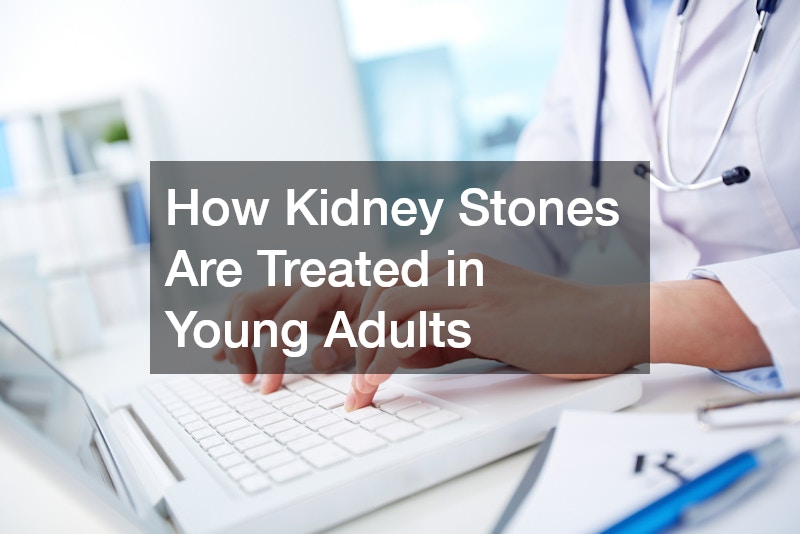Kidney stones are a common health issue, even among young adults, and require timely treatment to prevent complications. The approach to kidney stones treatment in Singapore typically depends on the size, location, and composition of the stones, as well as the severity of the symptoms.
Diagnosis and Initial Assessment
Diagnosis usually begins with imaging tests like ultrasounds or CT scans to locate and measure the kidney stones. Blood and urine tests may also be conducted to determine the stone’s composition and identify potential underlying conditions.
Hydration and Pain Management
For small kidney stones, increased hydration is often the first line of treatment. Drinking plenty of water helps flush the stones out naturally. Over-the-counter pain relievers, such as ibuprofen or acetaminophen, are used to manage discomfort during this process.
Medical Interventions
If stones are too large to pass or cause significant pain, medical interventions may be required. Ureteroscopy, a procedure where a thin scope is inserted through the urethra to remove or break the stone, is commonly used. Extracorporeal shock wave lithotripsy (ESWL) is another option that uses sound waves to break stones into smaller, passable fragments.
Surgical Procedures
In severe cases, surgery like percutaneous nephrolithotomy might be necessary. This involves removing stones through a small incision in the back. Such procedures are reserved for larger stones or when other methods are ineffective.

Prevention and Lifestyle Changes
After treatment, young adults are encouraged to make dietary changes to reduce recurrence. Limiting sodium and oxalate-rich foods, staying hydrated, and possibly taking prescribed medications can help prevent future stones.
By addressing kidney stones promptly and adopting preventative measures, young adults can minimize risks and maintain optimal kidney health.




